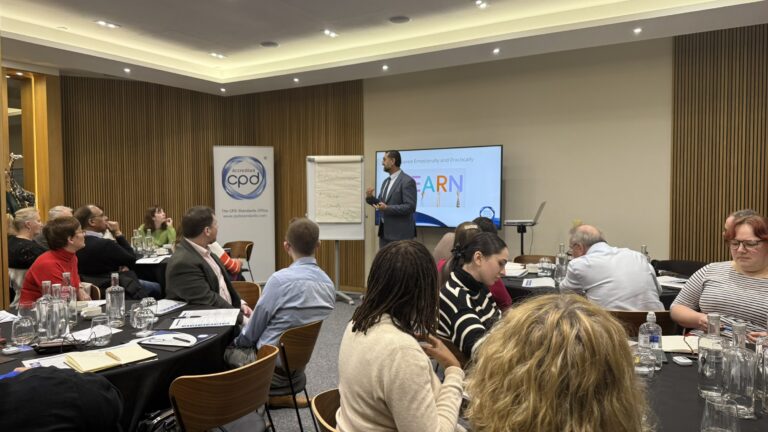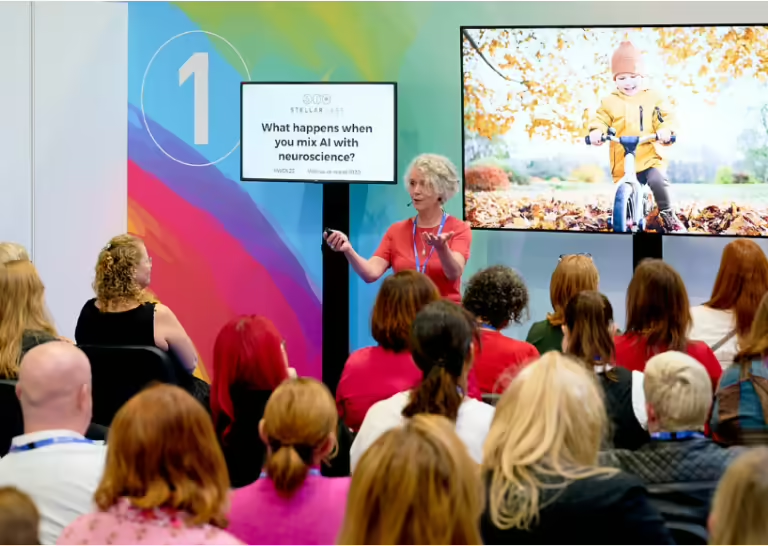Today, we delve deep into a crucial aspect of CPD that often goes unnoticed but holds immense potential to elevate the learning experience: Reflective Practice.
Understanding Reflective Practice
Reflective practice is the process of stepping back from the learning experience to ponder, consider, and evaluate one’s learning journey. It’s not just about what was learned, but how it was learned, the feelings it evoked, and how it can be applied in real-world scenarios.
Why Reflective Practice Matters in CPD
In the realm of professional development, learning isn’t a one-off event. It’s an ongoing journey of growth, adaptation, and evolution. Reflective practice:
- Deepens Understanding: By reflecting on what was learned, learners can gain a deeper understanding of the topic, making the knowledge more ingrained and actionable.
- Promotes Critical Thinking: It encourages learners to think critically about their experiences, fostering a mindset of continuous improvement.
- Enhances Applicability: Reflecting on how to apply the learned knowledge in real-world scenarios ensures that the learning isn’t just theoretical but practical.
Integrating Reflective Practice into Your Courses
For training providers, integrating reflective practice can be a game-changer. Here’s how you can weave it into your courses:
- Reflection Points: Introduce periodic reflection points throughout the course where learners pause to think about what they’ve just learned.
- Interactive Journals: Encourage learners to maintain a journal where they note down their thoughts, feelings, and insights after each module.
- Discussion Forums: Create platforms where learners can discuss their reflections with peers, fostering a sense of community and shared learning.
- Real-world Scenarios: Incorporate scenarios where learners can apply their knowledge, followed by a reflection on their approach and outcomes.
In Practice
Imagine a module in your course discussing the intricacies of financial management. Instead of just presenting the facts, you could end the module with a real-world scenario. After attempting the scenario, learners can reflect on their approach, the decisions they made, and how they’d act in a real-world setting. This not only tests their knowledge but also their application and reflection on it.
Final Thoughts
Incorporating reflective practice into your CPD courses can transform the learning experience, making it more immersive, engaging, and impactful. It’s not just about imparting knowledge but ensuring that this knowledge is understood, valued, and applied effectively.
Stay tuned for more insights in our next edition of “Friday Fresh”. Until then, keep innovating and elevating your training offerings!







